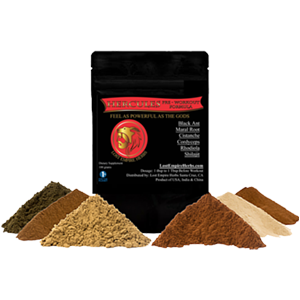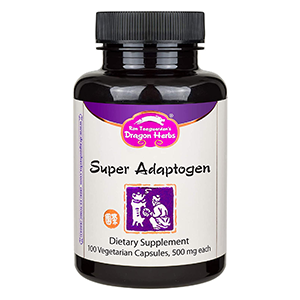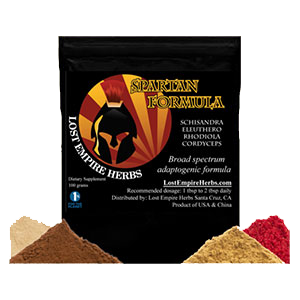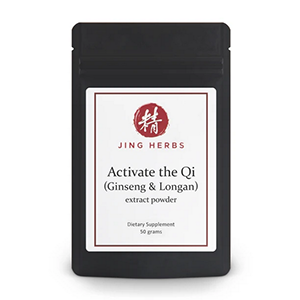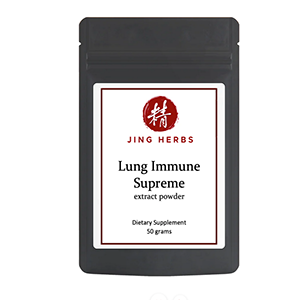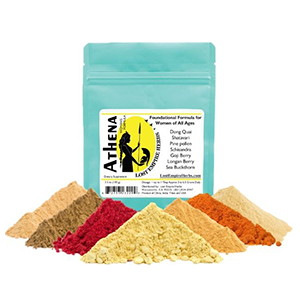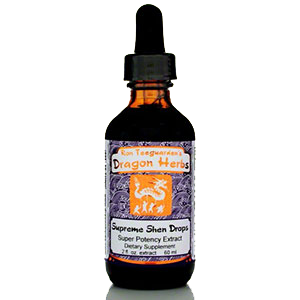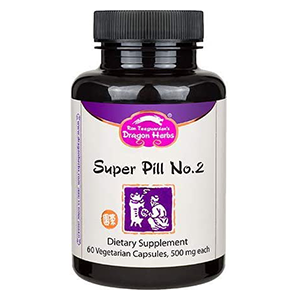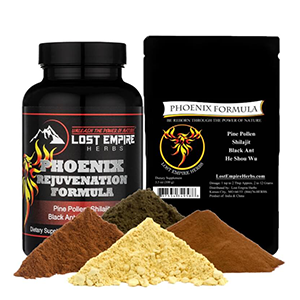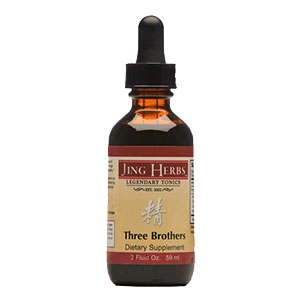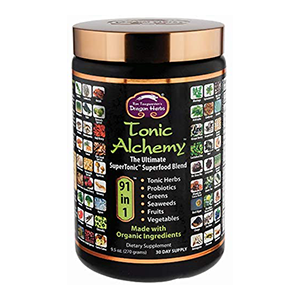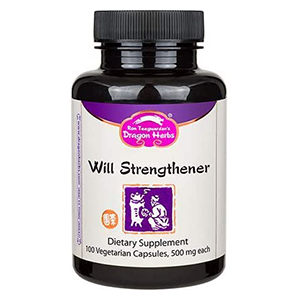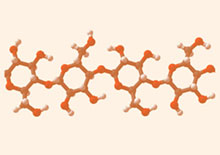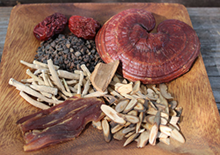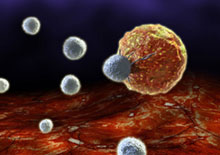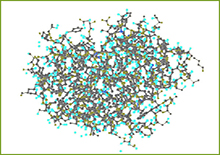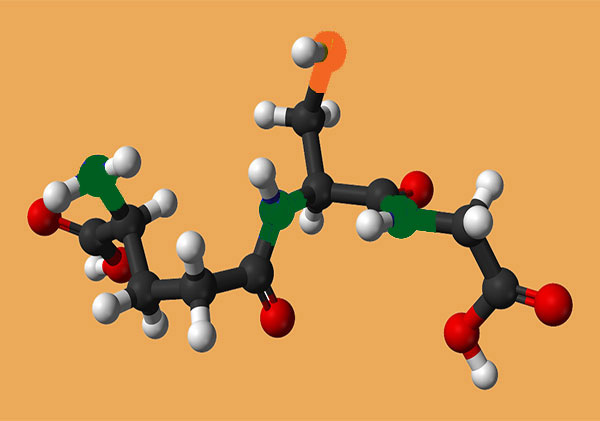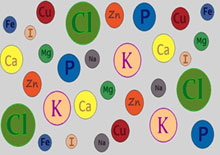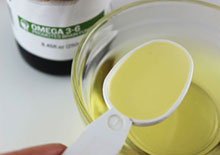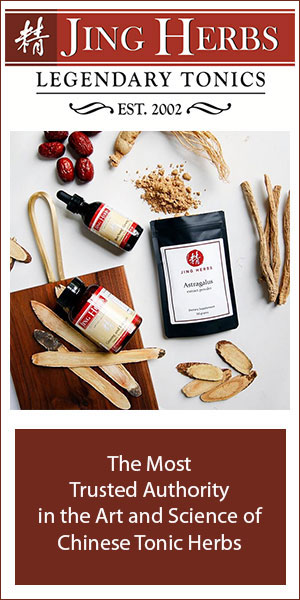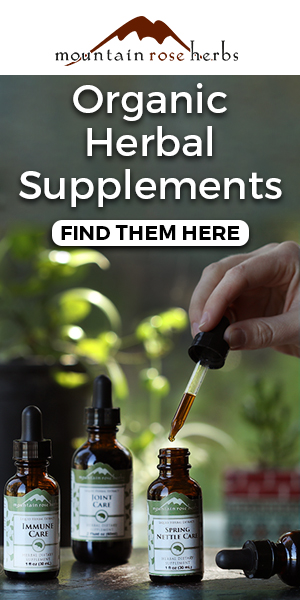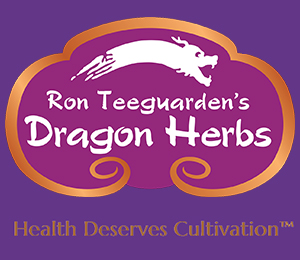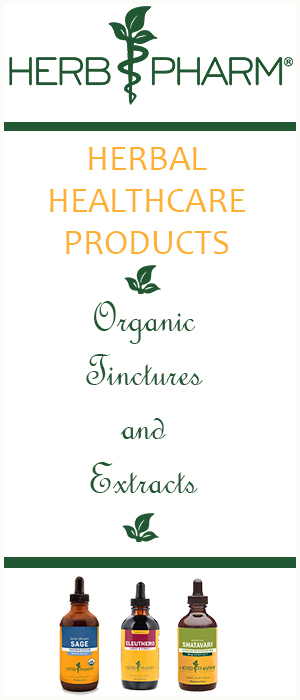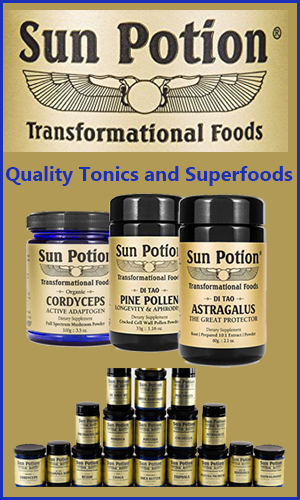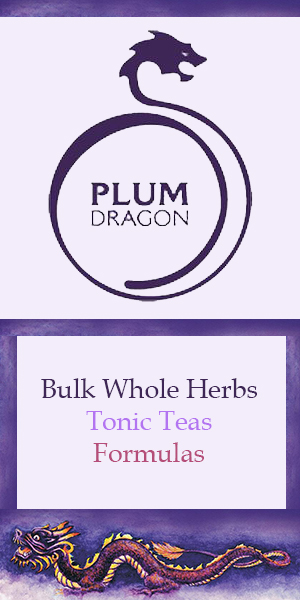What are Adaptogens? Energizing and Immune Modulating Tonics

What are adaptogens? An "adaptogen" is term that defines a substance which positively influences different organ systems and acts to increase bodily resistance to a wide array of biological, physical, chemical and emotional stress factors that may occur in our daily lives.
They are a class of herbal compounds, primarily certain roots, barks, berries, leaves and mushrooms, that when taken over a period of time help to modulate immune functions, maintain physiological homeostasis and have the ability to naturally stimulate energy levels when needed.
They essentially decrease one's sensitivity to stress by normalizing over-activity or under-activity of the organs, glands and their related systems. These actions are referred to as "double directional", meaning they can go either way depending on each unique individual body type or health condition involved. This characteristic promotes the best pathway for distinct needs and can offer either a stimulating or a sedating impact depending on what is needed to replenish or activate the body.
Referred to as rejuvenating herbs, rasayanas or restoratives, they are known to affect one or more areas that include sexual virility, athletic stamina, mental acuity, heightened energy and physical beauty. They are distinct from other herbs in their ability to balance endocrine and immune functions, which have a direct effect on central nervous system and sex hormones.
Regular use of adaptogens are considered to be nontoxic to the body and proposed to have a normalizing effect that is recognized to improve the body's ability to build resistance to stress, trauma, anxiety and fatigue.
Although Chinese herbalist were one of the first to identify the qualities of adaptogenic tonics, the original scientific discoveries were achieved by a Russian scientist named Nikolai Lazarev, who coined the term "adaptogen" in 1947. While working on a molecular compound found to stimulate non-specific resistance of organisms, he defined it as an agent which "allows a living organism to counteract any adverse physical, chemical or biological stress factors by generating non-specific resistance and thus becoming adapted to the diversity demands imposed on it."
Since then, this definition has been updated as "a new class of metabolic regulators which increase the ability of an organism to adapt to environmental factors and to avoid damage from such factors." (Source)
Interestingly, these substances characteristically grow in environments with large shifts in day to night time temperatures. This ability to adapt to these fluctuations is, in part, what increases their adaptogenic properties.
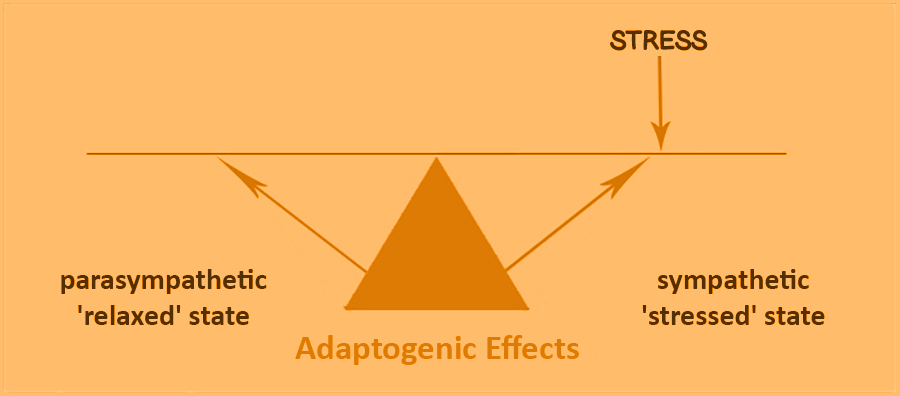
What is Adaptability?
"One thing that never changes is change itself." Everything in life, within the human body and the environment we live in, is always in a state of change. Our ability to "adapt" to change is crucial to encouraging our own evolution and a healthy lifespan.
In the words of herbalist Ron Teeguarden, "A fundamental principle of life lies in adaptability. With everything in constant flux, every living being must constantly be adapting so as to harmonize with its environment."
Adaptogens, taken on a regular basis, in the form of prepared herbal extracts and tonic teas, can enhance our adaptability and our endurance to various forms of stress we may encounter over the course of our lifetime.
Health Benefits of Adaptogens
Help Build Energy and Reduce Impact of Stress
Adaptogens are natural herbal stimulants that offer energizing properties and help to tonify "adaptive Chi" (Qi). Unlike artificial stimulants, they promote an increase in lifeforce and mental acuity by replenishing the energy of the cells, tissues and organ systems that regulate our adaptability.
Overuse of caffeinated drinks, like coffee, over time depletes deep
energy reserves stored in the kidneys, exhausting the adrenal glands. Adaptogens can
be consumed to restore and replenish these deficient conditions that many modern-day people frequently experience from caffeine addiction.
According to one study analyzing the stimulating effects of adaptogens, "The beneficial effects of multi-dose administration of adaptogens are mainly associated with the hypothalamic-pituitary-adrenal (HPA) axis, a part of the stress-system that is believed to play a primary role in the reactions of the body to repeated stress and adaptation." It was shown that "single administration of these adaptogens effectively increases mental performance and physical working capacity in humans."
In one study analyzing three different adaptogens, it was identified that both rhodiola and schizandra had inhibitory effects on the stress-activated protein kinase it was "suggested that the inhibitory effects of R. rosea and S. chinensis on p-SAPK/p-JNK activation may be associated with their antidepressant activity as well as their positive effects on mental performance under stress."
Eloquently put by R. Teeguarden in regard to the regular use of adapotens,
"We find ourselves with increased physical, mental and emotional
endurance. We find ourselves easily handling stresses that would exhaust
others. We find ourselves to be resilient on every level. This
adaptability allows us to lead a rich, broad, adventurous life."
Immune Modulating and Chemoprotective Substances
Adaptogens are powerful immune modulating herbs, taken in the form of teas and extracts, they can help to restore and normalize healthy immune functions, by either boosting under-activity or suppressing over-activity depending on which is specifically required by any one individual.
Consumed on a regular basis, they offer protective effects against environmental pollutants and toxins and, in addition, many can be used as adjuncts to chemotherapy treatments to negate some of the side-effects that radiation and chemical drugs can have on the body and immune system.
Contain Structural Polysaccharides
The complex long chain sugars or polysaccharides present in most adaptogens are key constituents that allow cells to communicate with the immune system and also act as anti-inflammatory agents. The highly structured beta-glucans present in medicinal mushrooms, for example, are known as "biological response modifiers" for their ability to either enhance immunity or suppress it when over-active.
In the book Adaptogens, Herbs for Strength, Stamina, and Stress Relief it states that "Polysaccharides have been reported to stimulate the following immune system components: cytokines (interferon, interleukin), tumor necrosis factor, natural killer cells, B and T lymphocytes, tumor-infiltrating lymphocytes, lymphokine-activated killer cells, macrophages (immune cells), granulopoiesis (the production of granulocytes in bone marrow) and thrombopoiesis (the production of platelets in bone marrow)."
Top Adaptogens List
1) Major Chinese Tonic Herbs
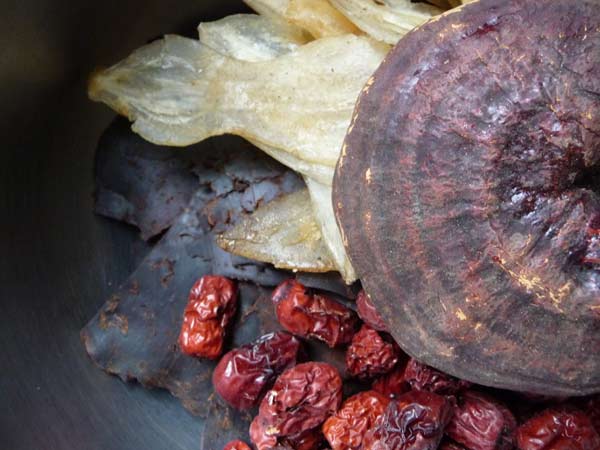
The class of major Chinese herbs, utilized for thousands of years in Chinese herbalism, offers some of the most potent substances available for increasing adaptive energy as well as normalizing immune and sexual functions.
Some of our personal favorites include: he shou wu, rehmannia, astragalus root, eucommia, codonopsis, gynostemma and ginseng, but there are many others. There are several Asian fruits that also fall into this category of tonics such as goji berries, jujube dates and schizandra.
2) Medicinal Mushrooms
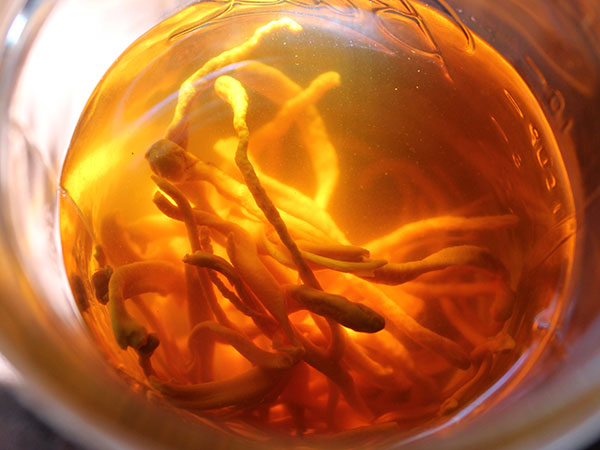
Mushrooms are the earth's living internet and are at the very foundation of the food cycle. Various species of medicinal mushrooms provide us with the same immune building properties and adaptogenic qualities that also protect and create the soil and the earth itself.
Some of the top varieties include: reishi, coriolus, cordyceps, and chaga.
3) Ayurvedic Herbs

For thousands of years the East Indian system of Ayurvedic medicine has used adaptogens in their herbal preparations to help revitalize and nourish proper balance of the three doshas or body types.
In Ayurveda they are referred to as the "rasayanas", renowned for their positive influence on overall health and vitality.
Some of these common Ayurvedic herbs include: amalaki, ashwagandha, shatavari and tulsi.
4) Other Superfood Adaptogens

Other potent adaptogens also include maca root and rhodiola. Maca root is more effective as a heated gelatinized powder rather than consumed in its raw state. Rhodiola rosea is a Russian tonic, and one of the first adaptogens discover in the late 1940s. It is frequently found in many herbal extracts and tea formulations integrating other tonics.
Most herbalists also consider superfoods like noni, pine pollen and shilajit to have adaptogenic properties.
5) Adaptogen Products and Extracts
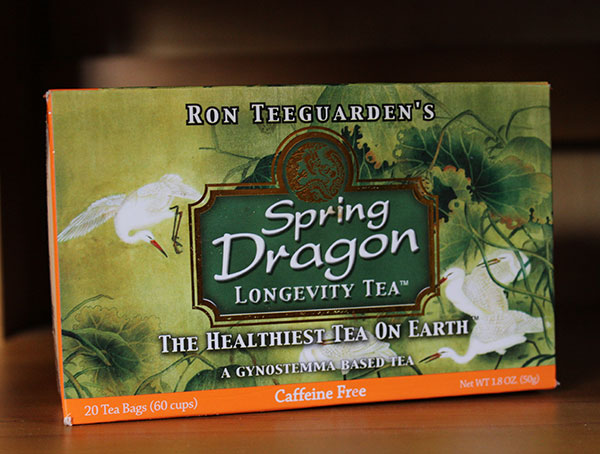
- Dragon Herbs, Super Adaptogen - Contains many of the top adaptogens available, including rhodiola root, ginseng, eucommia, reishi, eleuthero root, astragalus root, goji, gynostemma, he shou wu, rehmannia root, schizandra, licorice root, polygonatum, atractylodes and jujube. Dragon Herbs Super Adaptogen
- Dragon Herbs, Spring Dragon Longevity Tea - Spring Dragon Longevity Tea is a delicious herbal tea composed of the most famous adaptogenic herbs in the Orient and is available in tea bag form. The main herb is gynostemma, but also includes five other powerful infused adaptogens: schizandra, siberian ginseng, goji, luo han guo and astragalus. Spring Dragon Longevity Tea
How to Use
- Adaptogens are best when used after a cleansing period or when the body is free of sickness or disease.
- Start out slow and gradually, over time, increase intake.
- Incorporate your own tonic tea blends or powdered extracts into foods and drinks whenever possible.
- Experiment and create your own formulas or seek the advice of a quality Ayurvedic or Chinese herbalist to help you design the best herbal tonic program for your particular needs.
- Supplement with our list of favorite adaptogen products listed above for a convenient approach.
Typically, most adaptogenic herbs in the form of roots, barks, berries and medicinal mushrooms, need to be prepared through hot water extraction techniques or decocted as tonic teas. This process is believed necessary for the release of their beneficial compounds.
Adaptogens are not like medicinal herbs that you take infrequently for acute conditions, but are considered to be like "foods" which provide building and nourishing properties. Although formulations might alter somewhat according to one's state of health, frequent and long-term use is highly recommended. The idea is to always keep adaptive energies running strong, so we always have a reserve at certain times when our neuroendocrine-immune complex (stress-system) is compromised.
Precautions:
While most adaptogen herbs and substances are considered safe and nontoxic to consume on a regular basis, it is important to seek the advice of a medical physician before consuming if you are taking prescription medications or have a serious health condition.
Shop Related Products (About Affiliates & Amazon Associate Paid Links)
Affiliate Disclaimer: This section contains affiliate product links. If you make a purchase through our recommended links, we receive a small commission at no additional cost to you. Thanks for the support.
